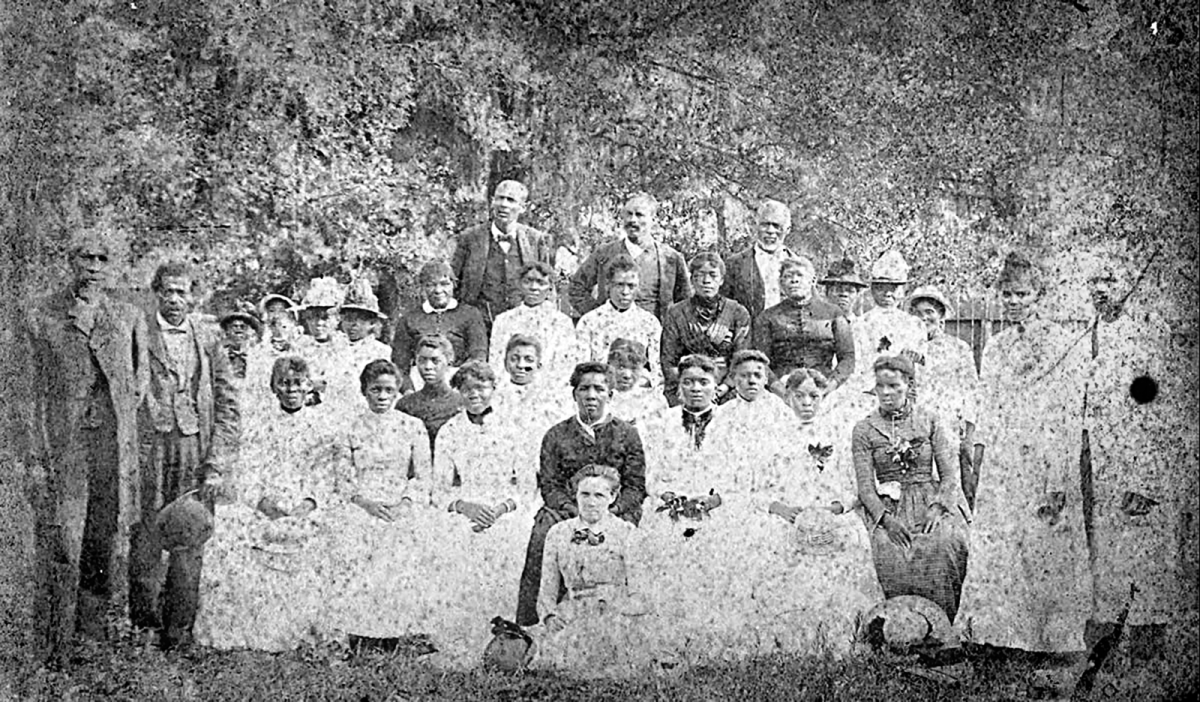Last updated on June 26, 2024 at 07:12 p.m.
What is Juneteenth?
Two and a half years after Abraham Lincoln delivered his monumental Emancipation Proclamation, Union troops, led by Maj. Gen. Gordon Granger, rushed into Galveston Bay, Texas to inform over 250,000 enslaved black people of their freedom. On June 19, 1865, Granger issued General Order Number 3 which said that “in accordance with a Proclamation from the Executive of the United States, all slaves are free.”
Despite the initial proclamation in 1863 and Granger’s June 1865 order, the Thirteenth Amendment, which legally abolished slavery in the U.S. (except as punishment), wasn’t ratified into U.S. law until Dec. 1865, months after the final hostilities of the war had culminated.
June 19, 1865 has since been colloquially deemed “Juneteenth” after Texas — the westernmost Confederate state — surrendered to the Union and joined a new America, at that time united only in name.
Get The Daily Illini in your inbox!
Juneteenth has also been called “Freedom Day,” “Emancipation Day” and “America’s Second Independence Day.”
How has Juneteenth been celebrated throughout history?
Juneteenth immediately became a holiday of jubilation and rejoicement for Black Americans across the United States. Celebrations stayed primarily within the African American community in early years, taking place in rural and religious areas.
A fundraising effort in 1872 led to the purchase of Emancipation Park in Houston, Texas, creating the first public park for Black communities to gather and mark “the jubilation of the end of slavery in the Confederacy,” according to Voices of the Civil Rights Movement.
The Great Depression and other cultural shifts of the early 1900s led to a decline in the celebration and recognition of Juneteenth. Unless it fell on a weekend, the holiday passed generally unrecognized due to its lack of federal holiday status in favor of July 4th.
Juneteenth celebrations saw a strong resurgence with the Civil Rights movement of the 1950s and 1960s, and the new generation of protestors brought attention to the historical significance of the holiday.
Juneteenth’s journey to federal holiday
Former Texas Representative Albert (Al) Edwards was the “catalyst for Juneteenth becoming a federal holiday now celebrated by Americans across the country,” according to Ebony magazine.
Edwards introduced legislation that would recognize Juneteenth as a state holiday in Texas, and in 1979 it was signed into law by the Texas State Legislature.
Often affectionately referred to as the “Father of Juneteenth,” Edwards committed much of his political career to pushing the official recognition and education of Juneteenth throughout the U.S.
Nationwide protests against police brutality in the 2010s revived momentum in the push for Juneteenth to be recognized as a federal holiday, and the legislation passed quickly through Congress in the summer of 2021.
President Biden signed the bill into law on June 17, 2021, making Juneteenth the first nationally recognized holiday since the adoption of Martin Luther King Jr. Day in 1983. The law was effective immediately, and America celebrated Juneteenth as a federal holiday for the first time in 2021.
What does Juneteenth look like today?
Today, many states and cities host parades, block parties, cookouts and other festivities to commemorate the historic holiday.
Juneteenth celebrations are often associated with the color red, exhibited through barbecue, a hibiscus-based tea and red velvet cake that features distinct culinary traditions.
Galveston, Texas will screen a documentary and host live music and lectures through the week of Juneteenth this year, while in D.C. the National Archives will put the Emancipation Proclamation and General Order No. 3 on display for free, according to the Washington Post.
In a White House briefing, President Biden proclaimed June 19, 2024 the official day of observance where he called on “every American to celebrate Juneteenth and recommit to working together to eradicate systemic racism and inequity in our society wherever they find it.”







